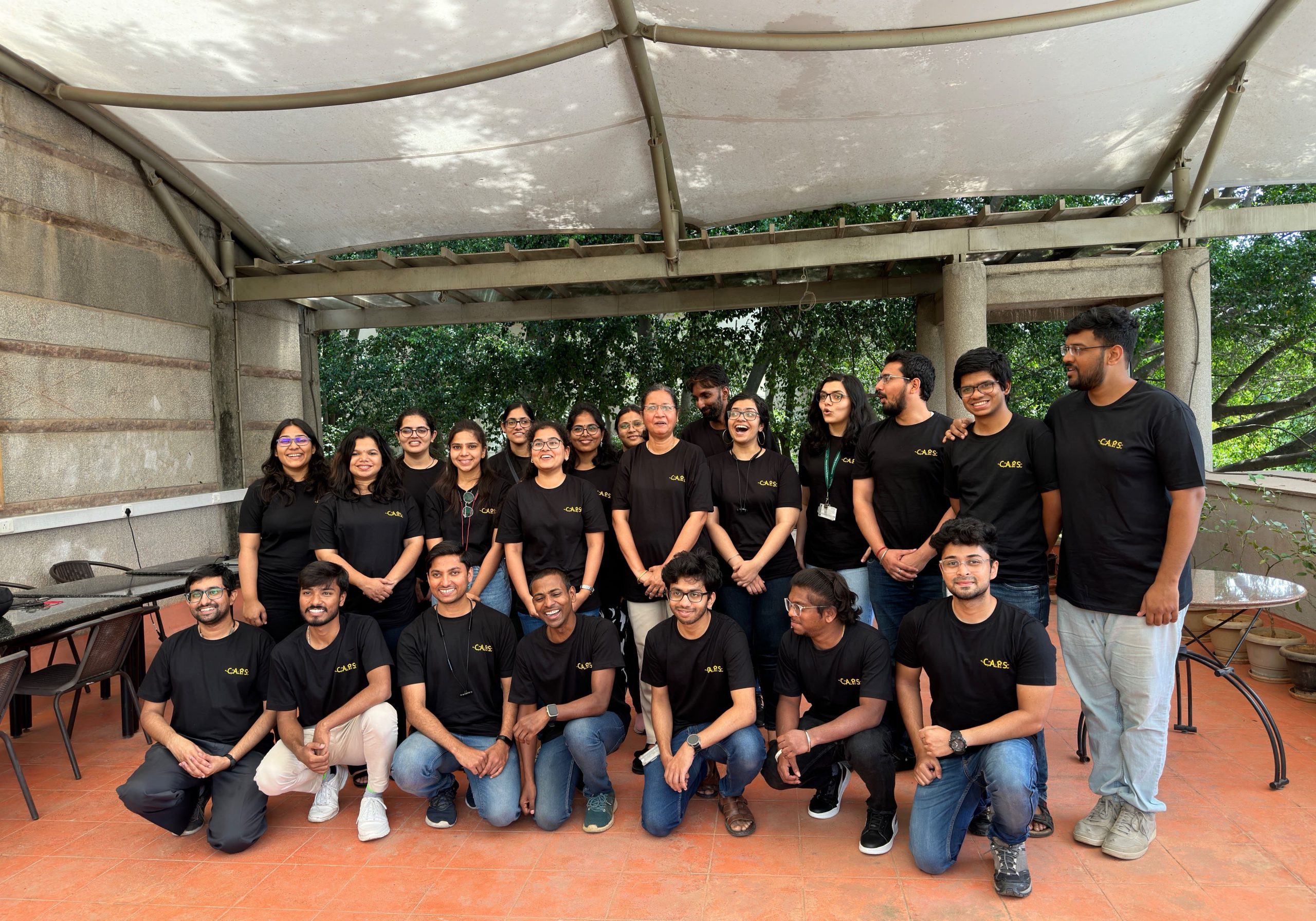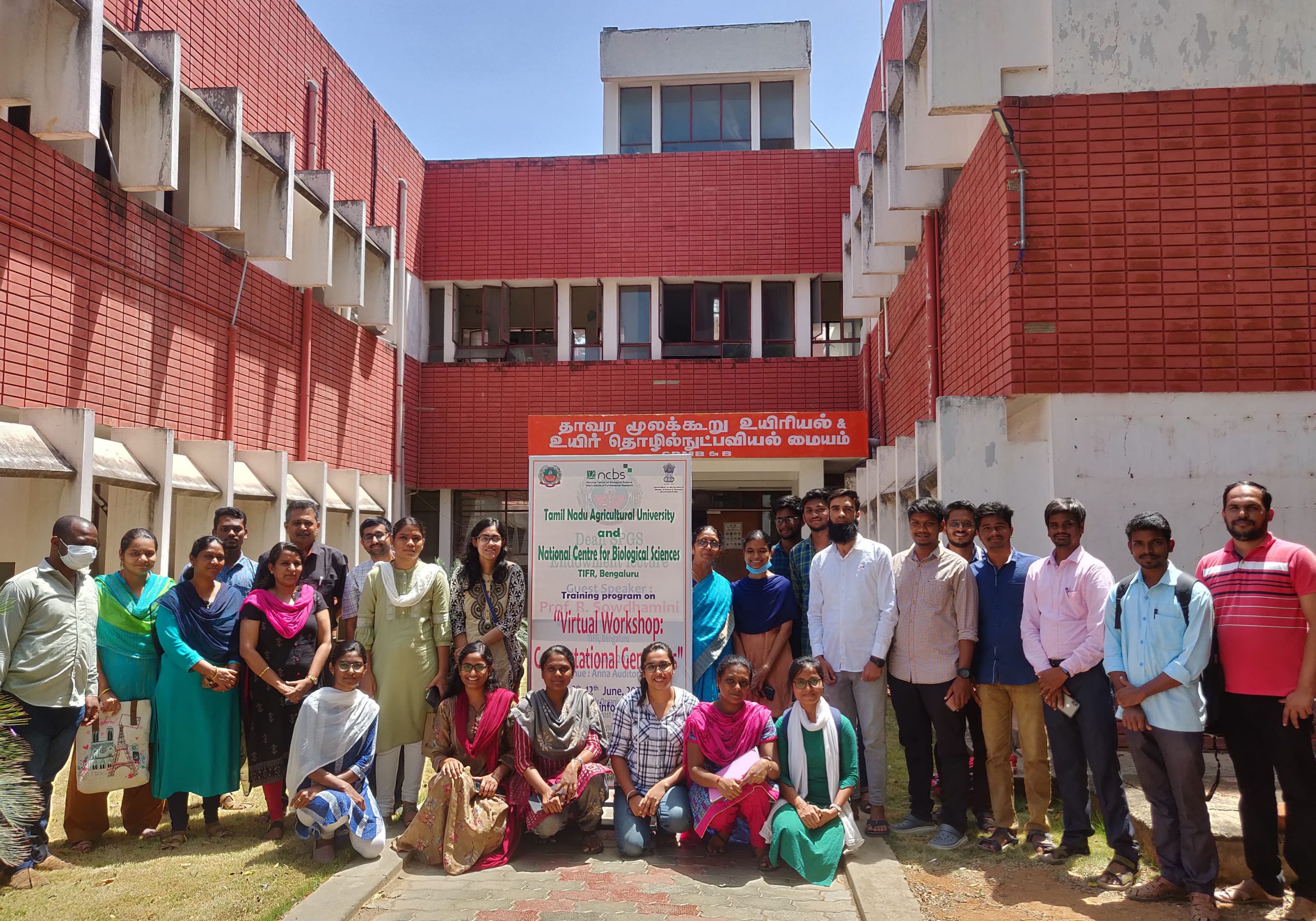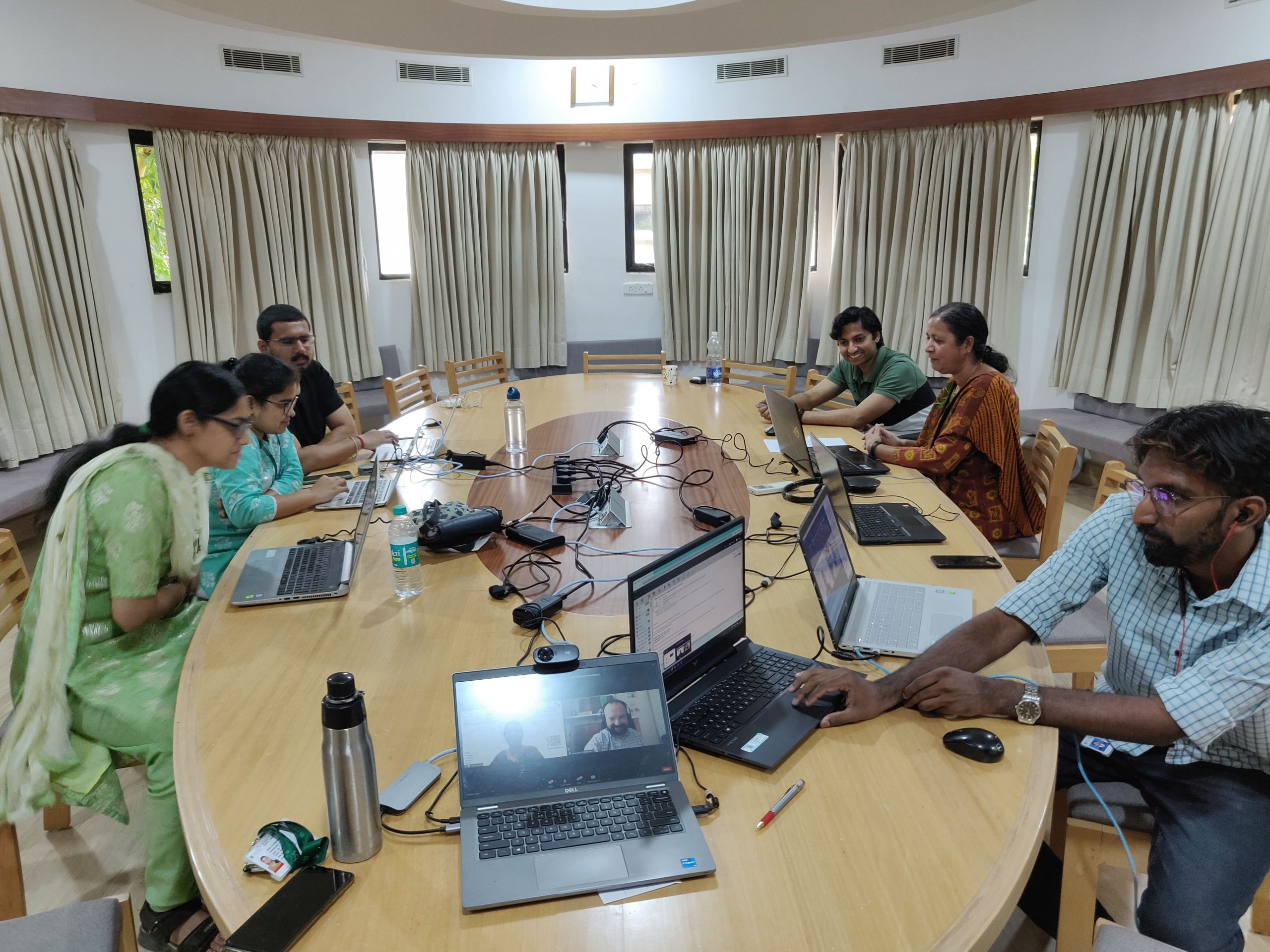NCBS, Bengaluru
Genome Informatics: Applications in Biodiversity and Human Health
The Bioinformatics Center at NCBS utilizes genome informatics across broad areas of biodiversity and human health. The center provides a robust computational backbone at multiple levels including database creation, raw data handling, and the development of tools and pipelines for diverse computational analyses, meta-analyses, predictive modeling, and experimental design.
The center’s objectives encompass developing and refining genome analysis approaches, specialized assembly pipelines, bioinformatics tools for comparative transcriptome data analysis, meta-analysis pipelines, deep learning algorithms for genomic feature prediction, organizing themed workshops, and offering genome analysis services.




The center has successfully developed and implemented genome assembly and annotation pipelines on various subjects, such as an invasive plant (Lantana camara), medicinal plants (fenugreek, moringa), host-pathogen interactions (pepper and Phytoptheracapsici), and cold-stress responsive genes (Rosaceae genomes). Additionally, the center has adopted a diseasome approach to delve into cardiomyopathies and conducted mutational studies on Dengue viral proteins. Its investigations extended to plants with medicinal properties, as well as agriculturally relevant fruit and spice crops. The center has conducted multiple workshops with nationwide participation and outreach talk series (CAPS-talks).
To facilitate advanced bioinformatics and genomics studies, the center has procured GPU-enabled workstations and cutting-edge storage servers. The tools and databases developed by the center are available at https://caps.ncbs.res.in. Notably, the center's genomics pipelines stand out for their precision in genome annotations, while its machine learning-based strategies significantly advance drug discovery and protein analysis domains.
